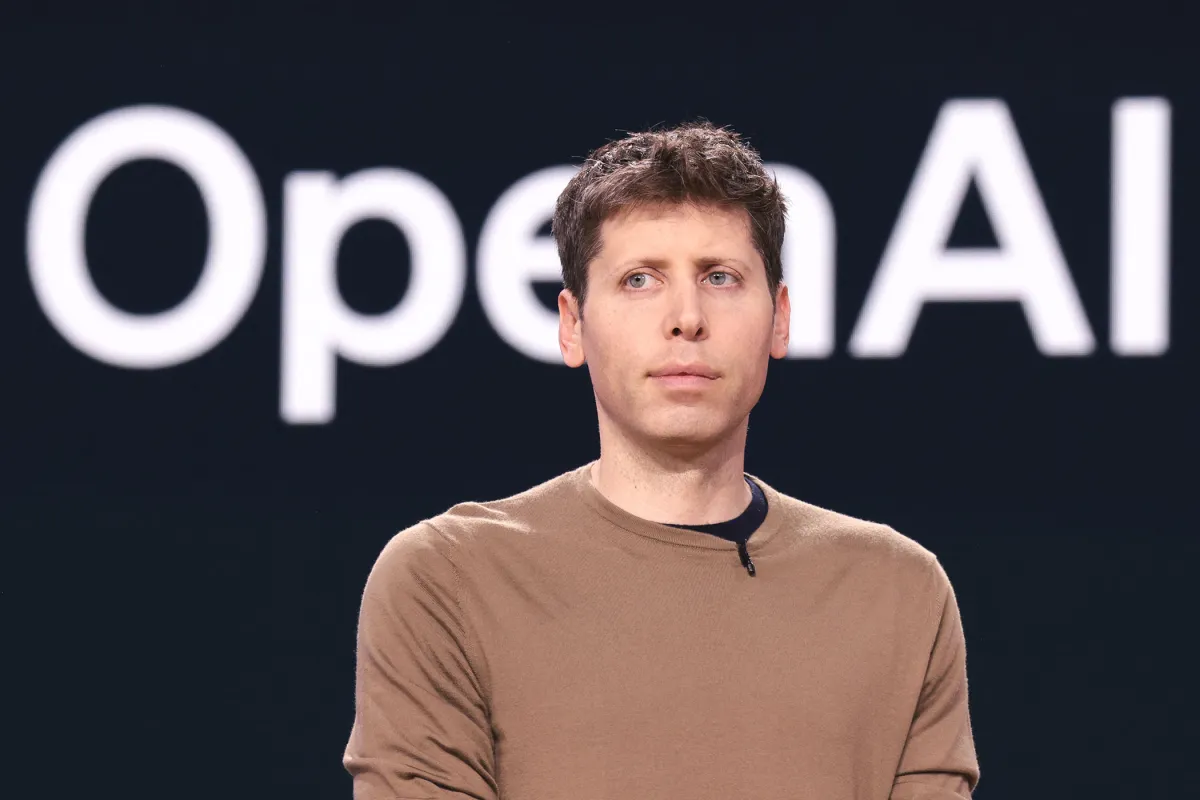ChatGPT: A Game-Changer for Human-Computer Interaction?

Source: TechCrunch
This month, OpenAI released ChatGPT, a groundbreaking conversational AI model that has captured widespread attention. Built on the GPT-3.5 architecture, ChatGPT demonstrates significant advancements in generating human-like responses, making it a potential game-changer for human-computer interaction. Its ability to engage in natural, dynamic conversations has set a new standard for AI applications in customer service, product design, and beyond.
Redefining Human-Computer Interaction
ChatGPT represents a leap forward in creating seamless, intuitive interactions between humans and machines. Unlike traditional rule-based chatbots, which often provide rigid or repetitive responses, ChatGPT leverages deep learning to generate context-aware replies, enabling more meaningful and engaging conversations.
"It can understand and interpret natural language queries and respond in a way that makes sense to humans" - Purple Sketch Digital
This capability has the potential to revolutionize industries that rely on conversational interfaces.
Applications Across Industries
The versatility of ChatGPT opens up possibilities across various domains. In customer service, it can handle complex queries, provide 24/7 support, and reduce response times. In education, it offers personalized tutoring and learning assistance. Additionally, ChatGPT can play a role in product design by facilitating brainstorming sessions or simulating user feedback scenarios.
However, its adoption is not without challenges. The model occasionally generates incorrect or nonsensical answers, which could lead to misunderstandings or erode user trust. Product managers must carefully define use cases and implement safeguards to mitigate these risks.
Ethical and Practical Considerations
The deployment of ChatGPT also raises ethical questions. Issues such as data privacy, potential misuse, and the need for transparency in AI-generated responses must be addressed. Furthermore, ensuring inclusivity and fairness in AI interactions remains a critical responsibility for developers and product teams.
"There’s More to AI Bias Than Biased Data" - National Institute of Standards and Technology (NIST)
Tackling these concerns is essential to building trust and ensuring equitable outcomes.
💡 Key Takeaway:
ChatGPT has set a new benchmark for conversational AI, offering transformative potential across industries. However, its successful integration into products and services depends on addressing its limitations and ethical implications.
💭 Final Thoughts
As conversational AI continues to evolve, tools like ChatGPT pave the way for more natural and productive human-computer interactions. By leveraging its capabilities responsibly, product teams can unlock new opportunities to innovate and enhance user experiences.
About the Author
Cyrille Gattiker is a Lead Product Owner specializing in AI-driven product development. He combines technical expertise with business acumen to create strategies that leverage AI for innovation and data-driven decision-making. Author of "Smart Commerce: The AI-Driven Future of e-Business", Cyrille is passionate about the transformative potential of AI in product management.
🗣️ Comments
This article has been published more than a week ago, so new comments are closed.